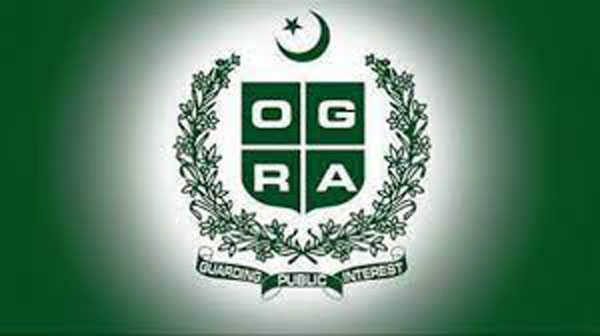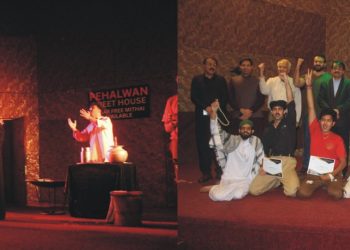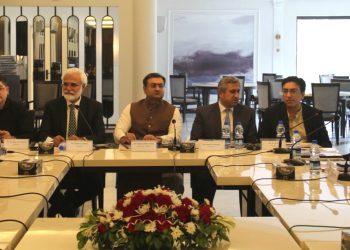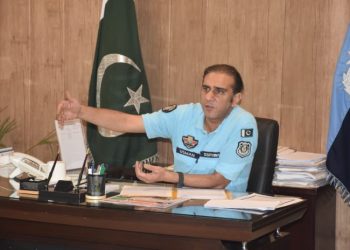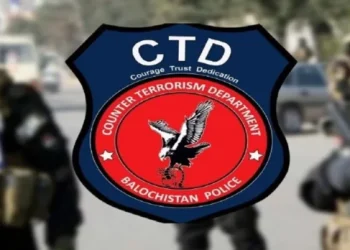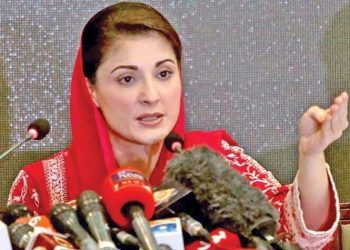Aamir Lashari
Islamabad: The Oil and Gas Regulatory Authority (OGRA) finds itself embroiled in controversy, with allegations of nepotism and procedural irregularities overshadowing its recent recruitment drive for E-2 and E-1 scale positions. Reports of favoritism and the sidelining of qualified candidates have sparked concerns about the integrity and transparency of the authority’s hiring practices.
According to insiders, a Trainee Executive previously hired under the influence of the current Member Finance, is being positioned for reappointment. Meanwhile, the daughter of a former Member Finance, is reportedly being maneuvered into a key role through apparent collusion. Critics argue these developments represent a flagrant disregard for merit-based principles and fairness.
Adding to the controversy, OGRA sources reveal that after a request for clarification was sent to its HR department, the authority shortlisted 10 candidates for E-2 positions and 3 for Trainee Executive roles, including Azham. Interviews for these candidates were reportedly conducted on Monday. This activity is taking place despite the government’s ongoing ban on new recruitments and its “right-sizing” policy aimed at streamlining public sector institutions. Observers argue that such actions reflect blatant violations of official directives and further undermine OGRA’s commitment to transparency.
Dateline sought clarifications from OGRA through a detailed questionnaire, raising pertinent questions about the decision to bypass credible testing agencies, the omission of HEC degree verification in the job advertisement, and the specific criteria employed for shortlisting candidates. OGRA’s response, however, failed to provide substantive answers, leaving several critical issues unresolved.
In its official reply, OGRA asserted adherence to its Service Regulations 2005, which, it claimed, do not require the engagement of external testing services. The authority further maintained that HEC degree verification is strictly observed and that the recruitment process is overseen by a selection committee. Yet, it refrained from disclosing the number of candidates shortlisted or the merit-based framework used for selection, deepening skepticism about the process.
Reports suggest that government employees who applied for the advertised positions were systematically excluded, allegedly to facilitate the appointments of Azham and others. This perceived manipulation has drawn sharp criticism, with observers contending that such practices erode confidence in OGRA’s commitment to meritocracy.
Calls for accountability have now reached the federal level, with stakeholders urging Federal Minister for Energy Musadik Malik and the Secretary Cabinet to intervene and address these allegations. Legal experts have also highlighted the absence of statutory safeguards in OGRA’s recruitment framework, warning that the lack of independent oversight creates significant room for favoritism and abuse.
The controversy has cast a long shadow over OGRA’s reputation, with demands for an independent investigation gaining momentum. Stakeholders assert that only a transparent inquiry and demonstrable adherence to merit can restore the regulatory body’s credibility and ensure the integrity of its future hiring processes.


